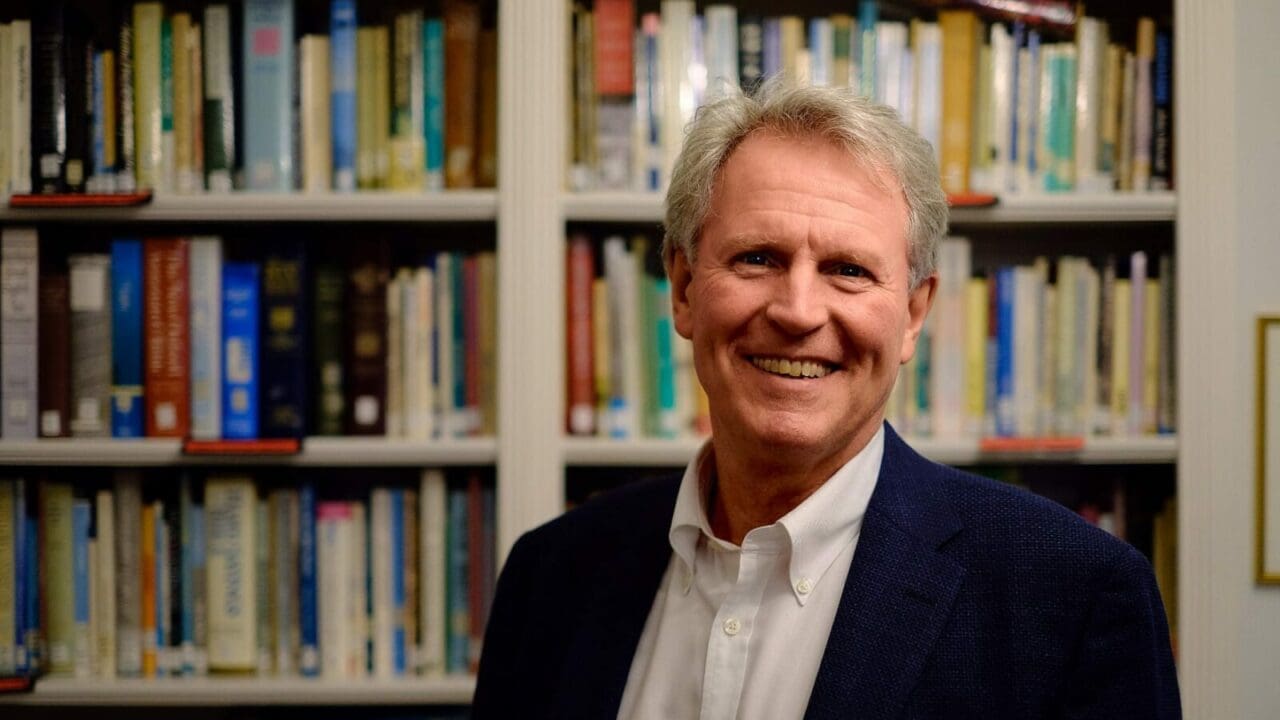September 22, 2023
I asked Rob Platts MBE, one of our Founders, about his feelings on the start of the Prevention of Discrimination Ordinance on 1st October 2023 and this was his view.
Only the Beginning
Back in 2008, I didn’t want to believe the late great Dave Purdy, the GDA’s first Vice-Chair, when he suggested that the introduction of disability discrimination legislation was likely to take at least ten years to achieve: he was right, of course.

New Ordinance
It’s been fifteen years since that conversation with Dave but, at long last, our discrimination ordinance comes into force on 1st October 2023. So what does this mean for Guernsey? Well, firstly the ordinance will not only protect against disability discrimination. The same piece of legislation will also protect islanders against discrimination on the grounds of; sexual orientation, religion or belief, race, and carer status.
The ordinance brings Guernsey in line with most modern democracies, where discrimination in many forms has been illegal for decades. Unjust discrimination negatively affects the life chances of individuals and can lead to divisions in societies and to the segregation of certain groups of persons. Our new ordinance will protect everyone from discrimination while participating in important aspects of everyday life; at work, when accessing goods and services, and in education.
UN Convention on the Rights of Persons with Disabilities
For me, there was a second but very important reason for wishing to see disability discrimination legislation in Guernsey. Ten years ago, the work of the GDA led the States to agreeing Guernsey’s first ever Disability and Inclusion Strategy. A vital part of that Strategy was the States promising to adopt the UN Convention on the Rights of Persons with Disabilities (the Convention).
Wherever the Convention has been ratified (legally adopted) it has brought significant improvements to the lives and life opportunities of those affected by disability. However, because Guernsey is not a separate sovereign nation, we can’t ratify conventions ourselves – we have to ask the UK to extend its ratifications to us. The issue of discrimination legislation is seen by the UK as being of such fundamental importance that it has refused to extend its ratification of the Convention to Guernsey unless and until we had discrimination legislation in place.
So, why is the Convention so important? Well, the Convention is like a handbook to be used by governments to ensure that the rights of persons with disabilities are realised, protected, and promoted.
While non-discrimination must be immediately achieved, the Convention is realistic in recognising that other improvements take time and resource. Ratifying the Convention engages the UN monitoring mechanism. This mechanism provides valuable impetus for governments to ensure reasonable progress is made.
Arguably, the UK’s requirement to have legislation in place has slowed work on other parts of the Convention, but, at least now we are in a position to formally request extension of the UK’s ratification and engage the UN monitoring process. Hopefully this will mean that, in time, we will see further improvements in attitudes toward disability, improved accessibility, and greater equality of opportunity.
If Dave was still with us today, he would be immensely proud to see the new ordinance, but I know too, that he would see this very much as a beginning. He wouldn’t be resting on his laurels – Dave would be champing at the bit (in his calm, measured and gentlemanly way) for Guernsey to get on with realising the rest of the Convention.

